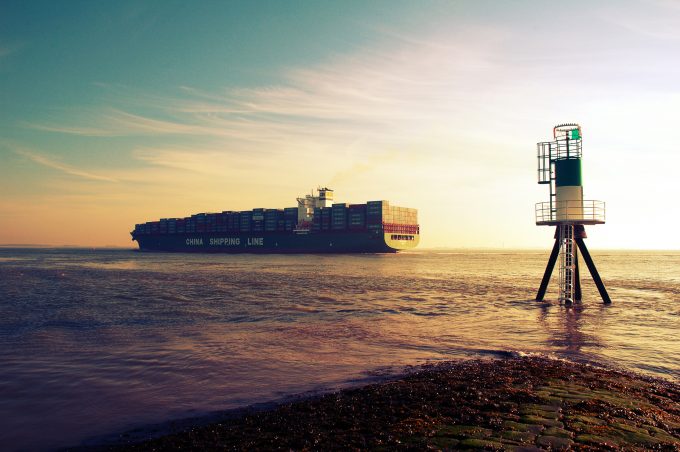Global container demand declines spurred by backhaul blues
All eyes on the tariff fallout

The scrubber-charged spike in containership charter rates could be coming to an end, according to Alphaliner.
Ocean carriers are battening down the hatches on operating costs to mitigate the impact of declining freight rates, added the consultant.
It said average daily charter hire rates had soared by 40% since January, while during the same period freight rates hadcollapsed – the yardstick Shanghai Containerized Freight Index (SCFI) slumping by 25%.
“The two markets’ sharply contrasting fortunes could put a lid on further charter rate ...
'Disastrous' DSV-Schenker merger would 'disrupt European haulage market'
New senior management for DSV as it readies for DB Schenker takeover
Volumes set to 'fall off a cliff' as US firms hit the brakes on sourcing and bookings
Asian exporters scramble for ships and boxes to beat 90-day tariff pause
Amazon pushes into LTL for small package fulfilment and UPS does a u-turn
Temporary tariff relief brings on early transpacific peak season
Pre-tariff rush of goods from US to China sees air rates soar, but not for long
'Tariff madness' will prompt renegotiation of ocean shipping contracts

Comment on this article